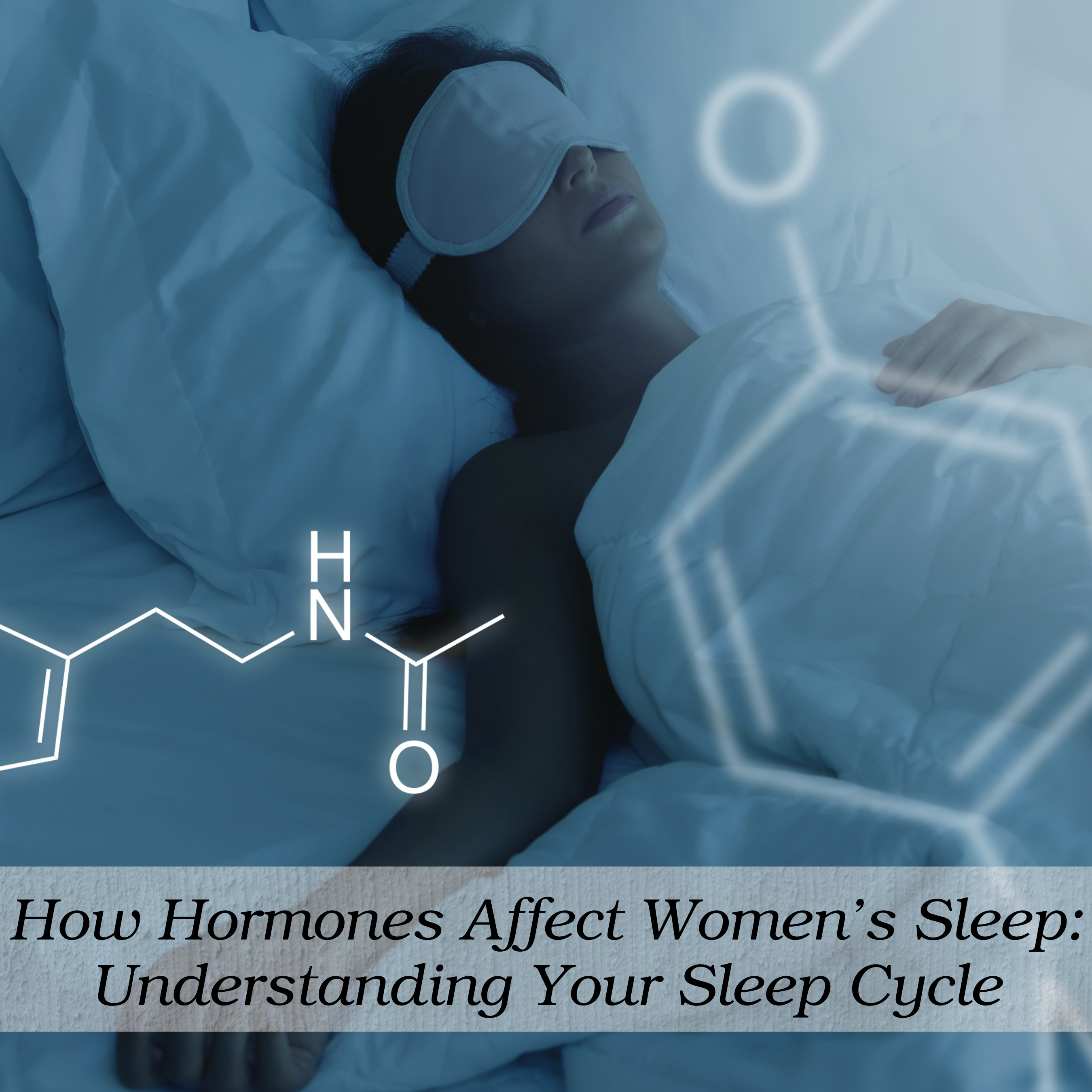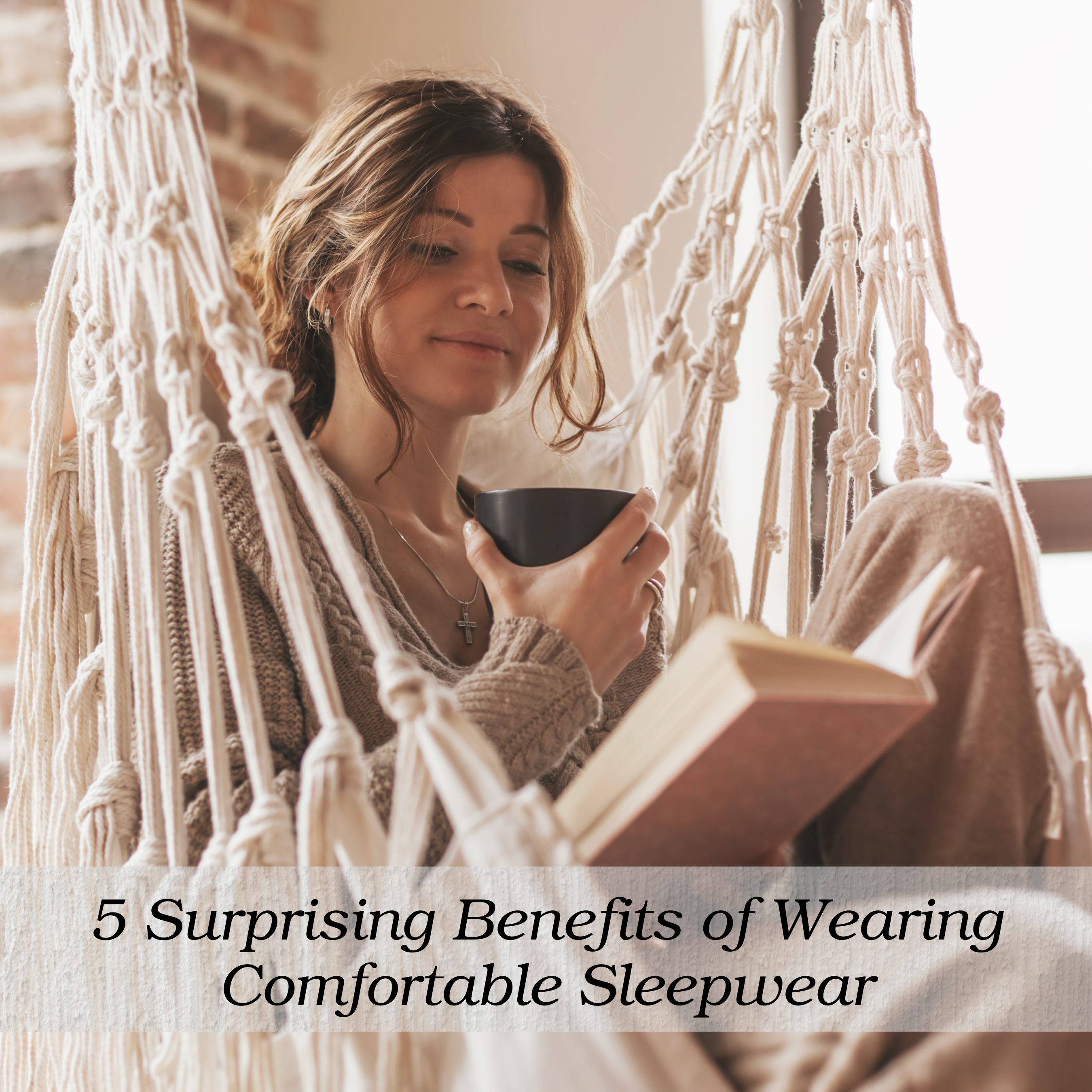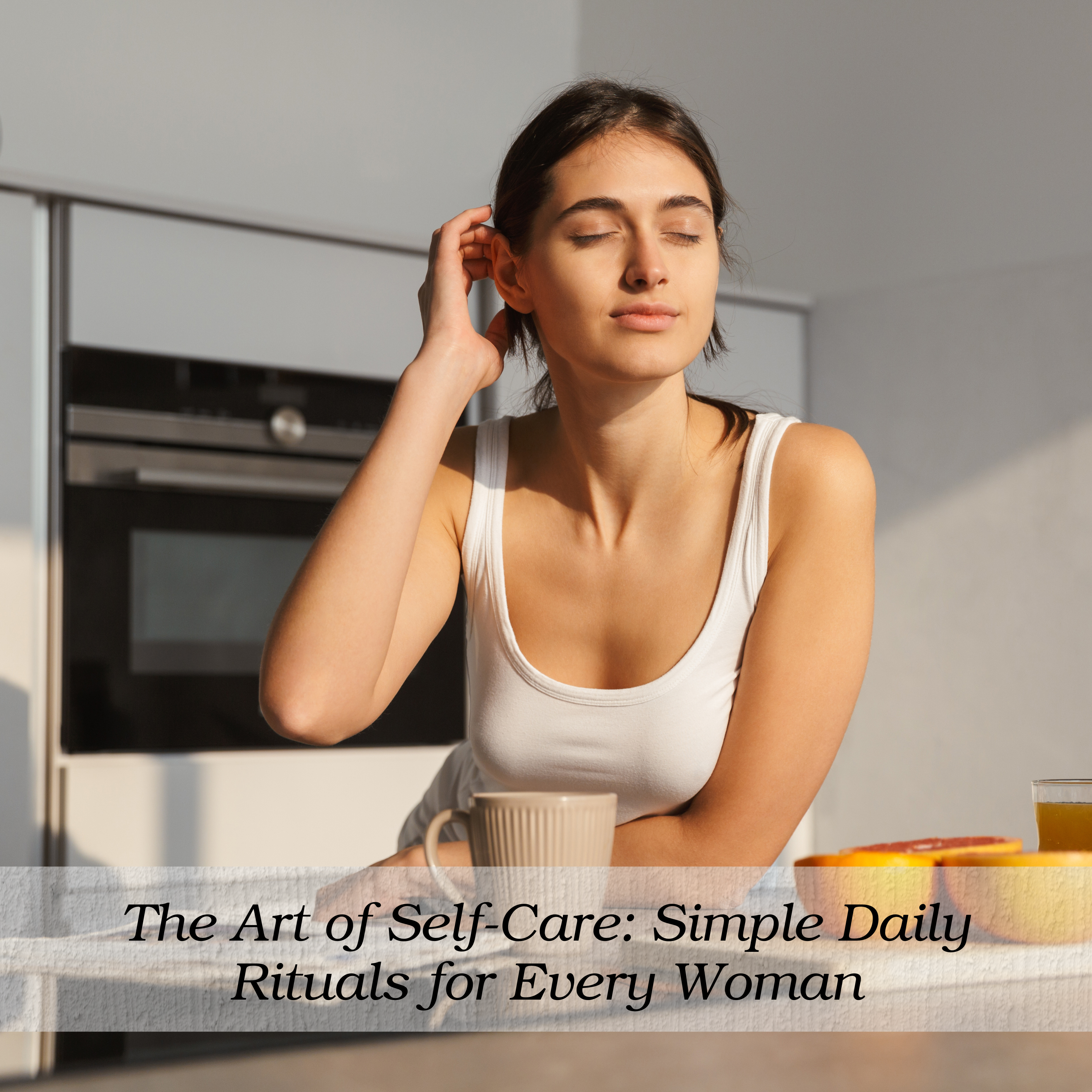
How Hormones Affect Women’s Sleep: Understanding Your Sleep Cycle
Sleep is essential for our overall well-being, yet many women struggle to get a good night's rest. Did you know that your hormones play a significant role in regulating your sleep? From menstrual cycles to menopause, hormonal changes can impact the quality and duration of your sleep. Let’s delve into how hormones affect women’s sleep and uncover ways to navigate these changes for a restful slumber.
1. The Role of Hormones in Sleep Regulation
Hormones act as chemical messengers that influence many bodily functions, including your sleep cycle. The two primary hormones affecting sleep are:
- Melatonin: Often called the “sleep hormone,” it helps regulate your sleep-wake cycle.
- Progesterone and Estrogen: These female reproductive hormones fluctuate during various phases of life and directly impact your sleep patterns.
2. Menstrual Cycle and Sleep Disturbances
Many women notice changes in their sleep quality during their menstrual cycle. This is because hormone levels rise and fall throughout the cycle:
- Follicular Phase: Estrogen levels are higher, which may promote better sleep.
- Luteal Phase: Progesterone increases, causing drowsiness, but the accompanying rise in body temperature can disrupt deep sleep.
- Premenstrual Syndrome (PMS): Low estrogen and progesterone levels just before menstruation often lead to insomnia, fatigue, and restlessness.
Pro Tip:
Wearing breathable, comfortable ladies sleepwear during your cycle can help regulate body temperature and improve comfort.
3. Pregnancy and Sleep Challenges
Hormonal shifts during pregnancy bring about a whole new set of sleep challenges:
- First Trimester: High levels of progesterone make you feel excessively sleepy during the day but may disrupt your nighttime sleep.
- Third Trimester: Physical discomfort and frequent trips to the bathroom can result in fragmented sleep.
Investing in soft, supportive maternity nightwear can help alleviate some discomfort and make sleep more restful during pregnancy.
4. Menopause and Sleep Issues
For many women, menopause can significantly impact sleep quality due to declining estrogen levels. Common issues include:
- Hot Flashes: Sudden feelings of intense heat can wake you up at night.
- Insomnia: Difficulty falling or staying asleep becomes more frequent.
- Night Sweats: Excessive sweating disrupts comfort, making quality sleepwear essential.
Solution:
Opt for lightweight, moisture-wicking ladies sleepdresses to stay cool and comfortable throughout the night.
5. Stress and Cortisol Levels
Cortisol, the body’s stress hormone, also plays a role in sleep regulation. High cortisol levels, often caused by chronic stress, can keep you awake at night, leading to insomnia. Women juggling multiple responsibilities, from work to family, are particularly vulnerable.
Tips to Manage Cortisol:
- Practice mindfulness or meditation before bed.
- Create a relaxing bedtime routine that includes wearing cozy girl night suits to signal your body that it's time to wind down.
6. Natural Ways to Support Better Sleep
While hormonal fluctuations can make sleep tricky, there are steps you can take to improve your rest:
- Stick to a Sleep Schedule: Going to bed and waking up at the same time daily can help regulate your circadian rhythm.
- Mind Your Diet: Avoid caffeine and heavy meals before bedtime.
Understanding the connection between hormones and sleep is the first step to improving your nightly rest. Whether you’re dealing with PMS, pregnancy, or menopause, being mindful of these changes and adapting your habits can make a world of difference.
The right sleep environment, combined with comfortable ladies sleepwear or sleepdresses, can help you navigate hormonal changes with ease, ensuring a restful and rejuvenating night’s sleep.


